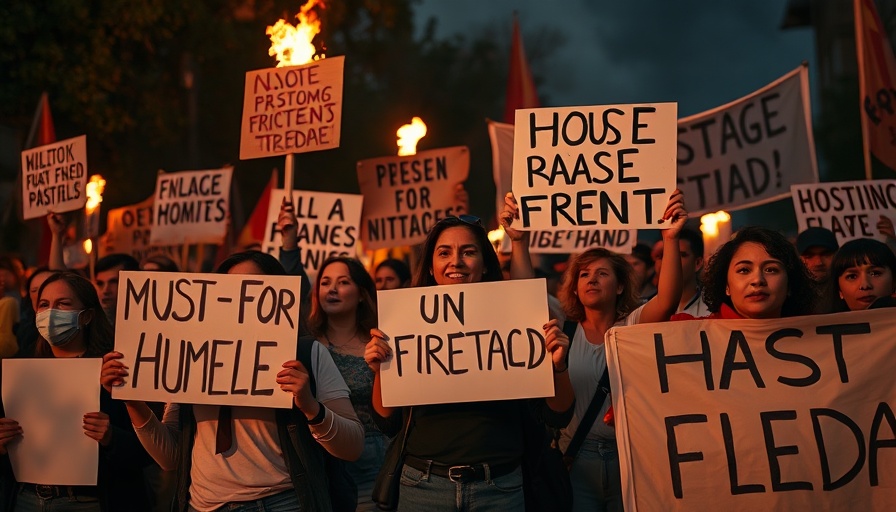
Understanding the Humanitarian Crisis in Sudan
Sudan is currently facing a dire humanitarian crisis as its civil war, now entering its third year, plunges the nation into despair. The situation is particularly grave in the besieged city of el-Fasher, where the UN's World Food Programme (WFP) warns that families are on the brink of starvation. For over a year, food deliveries have been halted due to the ongoing conflict, leaving around 300,000 residents struggling to survive amidst rampant malnutrition and rising mortality rates.
Desperation Amidst Conflict
Reports indicate that local activists have already documented deaths caused by starvation in el-Fasher. Children are particularly suffering; UNICEF reports that many are "reduced to skin and bones." The encirclement of the city by the Rapid Support Forces (RSF) exacerbates the issue, with trade routes and supply lines cut off, effectively starving the population. The ongoing contest for control between the RSF and the Sudanese army has intensified, resulting in an even more desperate living situation.
Resilience of a Besieged Population
Eric Perdison, the WFP's regional director for eastern and southern Africa, emphasizes the exhaustion of coping mechanisms among residents, stating, "Everyone in el-Fasher is facing a daily struggle to survive." Some are resorting to eating animal fodder and food scraps, which reflects the severe food shortages and skyrocketing prices. The living conditions are unbearable, prompting calls for urgent support from local authorities. As the conflict continues, the humanitarian crisis unfolds, demanding global attention and aid.
 Add Row
Add Row  Add Element
Add Element 



Write A Comment